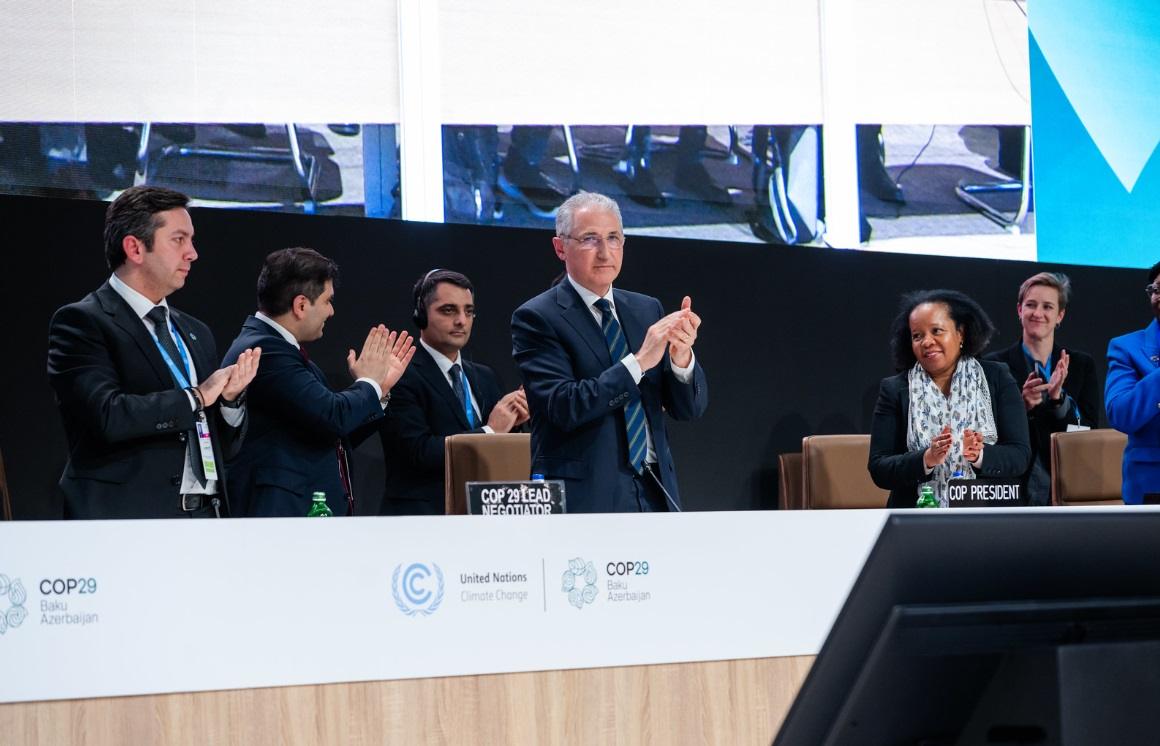US Senate Democrats’ Climate Report Calls for Net Zero Emissions in US by 2050, And For Action From SEC and Fed
United States Senate Democrats have issued a wide-ranging report on climate action, calling on Congress to act towards leading the country to net zero emissions by 2050, while stimulating the economy through efforts that will transition the country to a clean energy future.
Senate Democratic Leader Chuck Schumer said:
“The climate crisis is not some distant threat. It is here now, and it will be catastrophic if we don’t strike back immediately. Over the next few decades, climate change will affect every part of American life: our health, our economy, our national security, even our geography. Democrats are committed to working—decisively and aggressively—to avoid the steep human and economic costs of a worsening climate crisis, and to guide the transition to a low carbon economy.”
According to the report, the consequences of inaction would greatly outweighs the costs of leading the transition. The report estimates that within 40 years, the negative impact of climate change would be equivalent to that of the Great Recession every single year. The report states:
“According to a peer-reviewed study, under a high-emissions scenario, climate-driven temperature changes alone could cost the United States 9 percent of GDP by 2060 compared to a no-warming scenario.”
The cost to decarbonise the economy by 80% by 2050, on the other hand is estimated to be up to 1% of GDP per year, while achieving 100% net zero would cost roughly 2%.
At a high level, the report calls on Congress to:
- Reduce U.S. emissions rapidly to achieve 100 percent global net-zero emissions no later than 2050;
- Stimulate economic growth by increasing federal spending on climate action to at least 2 percent of GDP annually — and ensure that at least 40 percent of the benefits from these investments help communities of color and low-income, deindustrialized, and disadvantaged communities; and
- Create at least 10 million new jobs.
The report includes comprehensive calls for action by the government to promote decarbonisation in multiple economic sectors including electric, industrial, and transportation. It also calls on Congress to ensure environmental justice priorities, ensuring that the transition to a low carbon economy is not unfairly burdensome on any racial or socioeconomic groups.
The Senate Democrats’ report also lays out the role the country’s financial regulators can play in aiding the transition, stressing that the risks of climate change to the economic and financial system require regulatory action. Proposals for regulators outlined in the report include:
- The Federal Reserve and other U.S. regulators should immediately join their international counterparts, who are already engaged in an effort to understand climate financial risks.
- The Securities and Exchange Commission (SEC) should issue updated rules on how public companies must disclose climate risks and take enforcement actions against companies that fail to do so.
- The Federal Reserve and other agencies should take the lead in developing climate scenario analysis tools and conduct stress tests on individual financial firms to measure their resilience to climate risks.
- The Financial Stability Oversight Council (FSOC) should assess risks to the financial system as a whole.
- The SEC should require rating agencies to incorporate climate financial risk into their core rating methodologies.
- The Office of the Comptroller of the Currency (OCC), the Federal Deposit Insurance Corporation (FDIC), and the National Credit Union Administration (NCUA) should improve their supervisory practices to incorporate climate risks.
- The Federal Insurance Office (FIO) should assess the insurance industry’s vulnerability to climate risks and make recommendations to state commissioners.
- All federal financial regulators should include explicit discussion of climate risks in their annual reports and other relevant publications.
The Senate Democrats’ Special Committee on the Climate Crisis was established in March 2019, and issued the report following multiple public hearings, and in-depth meetings with experts, and a broad array of constituencies.





